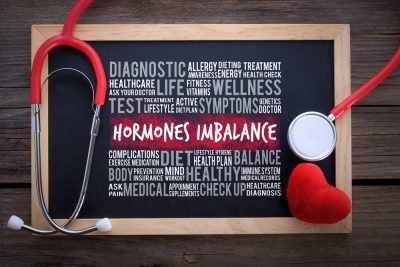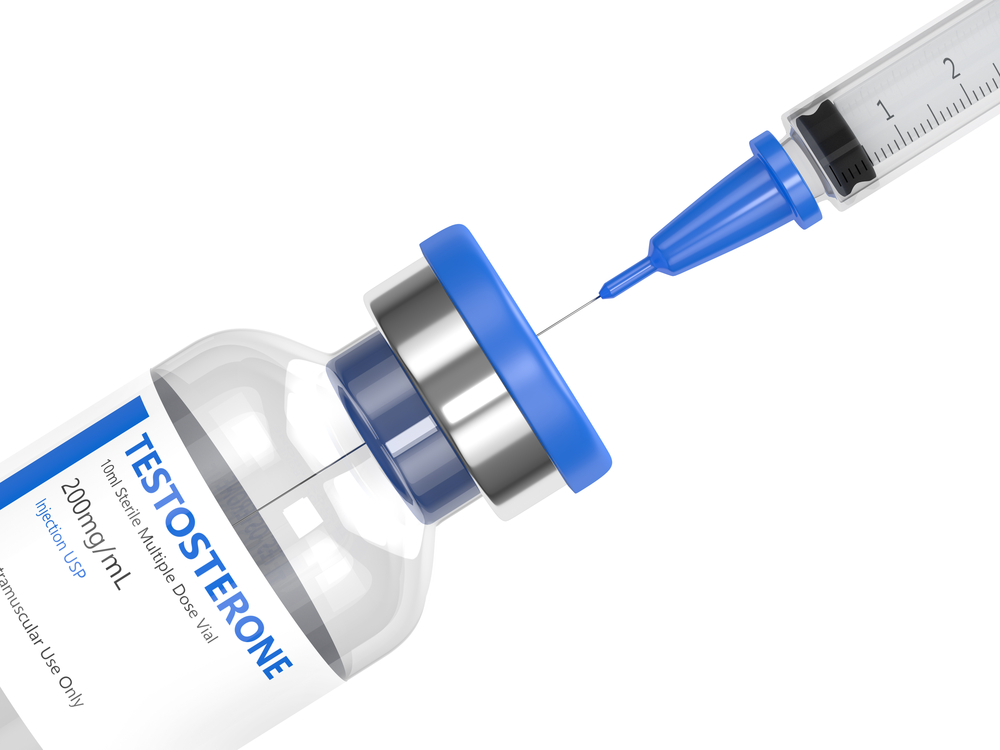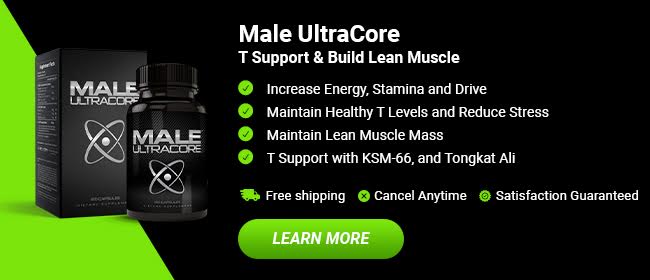Aging manifests in a lot of ways in men, but one constant factor that is common in all aging men is their declining testosterone levels. Testosterone declines with age, which further accelerates aging. It should be no surprise that most aging men would turn to the most common treatment for low testosterone levels – TRT.
Testosterone replacement therapy, or TRT, is a treatment that involves the infusion of synthetic testosterone compounds, which would dramatically alter the patient’s testosterone levels. This causes an almost immediate reaction as far as libido, energy, and muscle development are concerned. The immediate results, plus the potential of enjoying their youthful energy and vigor, draw men to undergo TRT. In the United States, it is estimated that over 2 million patients undergo TRT for various reasons, but not all patients that receive TRT from their doctors are medically qualified to get the treatment.
TRT is a dangerous treatment that should only be administered to patients that need the treatment. To qualify for TRT, a patient must have clinically low testosterone or hypogonadism, and this means having less than 350 ng/dL of testosterone in their blood. The normal range for testosterone is 300-1200 ng/dL, and this wide gap between the minimum and maximum limit accounts for the declining testosterone levels as men get older.
Testosterone levels usually peak shortly after puberty, in which the average testosterone levels are between 900-1100 ng/dL. This is the stage where the most anabolic activity takes place; where secondary male characteristics are fully developed and the body fully matures. Shortly after hitting its peak, testosterone levels decline at a rate of 1-2% every year, which means by the time you’re 50, you may only have less than 50% of your peak testosterone levels.
TRT is the most common answer to age-related testosterone decline because it’s what doctors in wellness clinics usually prescribe. Conservative doctors may recommend safer, but more sustainable options, such as premium testosterone supplements, like Male UltraCore. For extreme low testosterone cases, doctors may prescribe TRT for an immediate increase in testosterone levels.
Aging also increases a man’s risk of developing heart disease, diabetes, and other metabolic health problems, and all of these need to be considered before prescribing TRT to a patient. TRT benefits older men the most, but the risks are also considerably greater. Here are some of the ways TRT can affect men 50 and older:
Increased risk of heart attack and stroke
 While testosterone therapy can improve muscle growth, energy, and libido, it can be a great risk to patients diagnosed with hypertension, high cholesterol, coronary artery disease, or those with blood clotting problems. This is due to the potential of TRT to increase the production of red blood cells, which could thicken the blood.
While testosterone therapy can improve muscle growth, energy, and libido, it can be a great risk to patients diagnosed with hypertension, high cholesterol, coronary artery disease, or those with blood clotting problems. This is due to the potential of TRT to increase the production of red blood cells, which could thicken the blood.
Thicker blood further increases the strain on the heart to pump blood, and it may reduce blood flow in patients with atherosclerosis or stenosis of the blood vessels. This greatly increases the risk of heart attack and stroke, which is why patients that are considered high-risk cardiovascular disease patients should consult with their cardiologist first before taking TRT.
Permanent dependency on TRT
The moment you start taking TRT, the body’s natural testosterone production shuts down, which means that your body is no longer capable of producing testosterone as long as you’re on TRT. This is largely due to the fact that the body senses that you already have enough testosterone in your system, and it will automatically shut down its natural testosterone production. The entire process is internally regulated by the hypothalamic-pituitary-gonadal axis, which is a network of signals that regulate which hormones are produced by the body.
Patients on TRT may experience testicular atrophy because of the lack of testosterone production. Testosterone is produced in the Leydig cells of the testes, and without the signals that would trigger testosterone production in the testes, the activity slows down to a halt, which causes the testes to shrink. This could further develop into impotence and erectile dysfunction.
TRT is a lifelong treatment. The negative side effects of TRT normally pop up after stopping TRT injections. Doctors may prescribe a cycle of hormone treatments involving TRT and Human Chorionic Gonadotropin (HCG) treatments to reduce the side effects of TRT, but patients would have to continue the cycle of treatments to lessen the risk of side effects.
Hormonal imbalance
 Patients on TRT are typically susceptible not to the side effects of TRT, but the effects of hormonal imbalance caused by testosterone injections. Testosterone is naturally synthesized by the body into other hormones, such as dihydrotestosterone (DHT) and estrogen, and having high levels of testosterone would indirectly result in the buildup of testosterone metabolites.
Patients on TRT are typically susceptible not to the side effects of TRT, but the effects of hormonal imbalance caused by testosterone injections. Testosterone is naturally synthesized by the body into other hormones, such as dihydrotestosterone (DHT) and estrogen, and having high levels of testosterone would indirectly result in the buildup of testosterone metabolites.
DHT buildup causes benign prostate growth and male-pattern baldness, while estrogen causes male breast growth (gynecomastia), erectile dysfunction, mood changes, and weight gain. Doctors again may prescribe enzyme blockers to prevent the conversion of testosterone into other hormones, and this is a process that men on TRT would have to be mindful of when taking testosterone injections.
Aside from the obvious health risks, patients on TRT are also on the hook for additional costs for HCG treatments and enzyme blockers. This is on top of the actual health risks for older men, who are already at an increased risk of developing heart disease and other metabolic health problems. There’s a reason why experts are trying to limit the prescription of TRT to lessen the health risks to men, but with the growing demand for TRT, health organizations are unlikely to slow down.
Men over 50 who are considering TRT as a solution for their declining testosterone levels are far better off with more conservative, but equally effective premium testosterone supplements. While premium testosterone supplements take a bit more time to work, it doesn’t pose the same risks to your health, and it does not cause severe side effects when you go off the supplement.
To know more about premium testosterone supplements, please click the link below:








COMMENTS